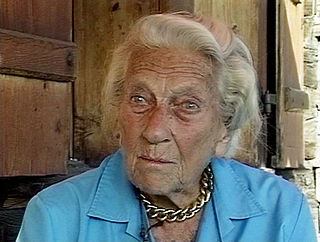A Quote by Pico Iyer
I would now put all my heart with the Tibetan people and the Tibetan cause, but not at the expense of the Chinese, and not say that Tibetans are good and Chinese are bad. And in my own life, I hope I would learn to be a little less full of right and wrongs, and a little more able to see everything as a potential right.
Related Quotes
When it’s all said and done, I want to be able to say I got the most out of my potential. I don’t want to look back, however many years from now, and say, ‘I wonder if I would have worked a little harder. I wonder if I would have done this or done that, how things would have turned out.’ I want to, when it’s all said and done, be able to put my head on my pillow and say, ‘I did everything I could do — good or bad.’
I believe that the Tibetans should have the right to control their own destinies and decide for themselves whether they want to be part of China or not. But this view isn't shared by most Chinese, or even the leaders of most Western democracies. As long as the Communist Party is in power, there is little hope for Tibet.
If there's any country that has the capacity not to control North Korea, but to influence North Korea, it's still China. The Chinese always say they have very little influence. They have more than they say they do. We should put pressure on them to do it and there's finally, we're seeing the first signs of a little bit of Chinese disaffection. At some point they're getting tired of the antics of this country. This is a dangerous ally for China to have. And the more Chinese can pressure them and put the economic screws on them, the better it will be for everybody.
A little more kindness, A little less speed, A little more giving, A little less greed, A little more smile, A little less frown, A little less kicking, A man while he's down, A little more "We", A little less "I", A little more laugh, A little less cry, A little more flowers, On the pathway of life, And fewer on graves, At the end of the strife.
I'm more or less happily writing Chapter Six of The Graveyard Book. I say more or less as I'm at that place where I hope that the book knows what it's doing because right now I don't have a clue - I'm writing one scene after another like a man walking through a valley in thick fog, just able to see the path a little way ahead, but with no idea where it's actually going to lead him.
You may be right in believing that if you study hard, one day you might become fluent in English. But you will still look Chinese, and when people meet you, they’ll see a Chinese girl no matter how well you speak English. You’ll always be expected to know Chinese, and if you don’t, I’m afraid they will not respect you as much.





































